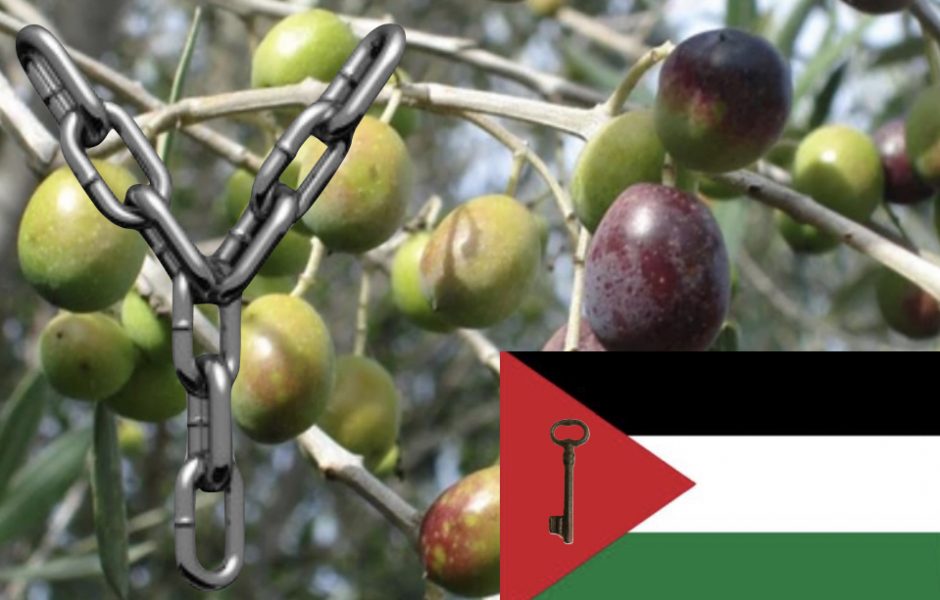Phalapoem editor, 12/11/25

For decades, the word security has served as a political shield—invoked to rationalise walls, raids, land theft, assassinations, torture, imprisonment, blockades, and discrimination. Yet when the state demanding security is also an occupying power, its claim deserves scrutiny. Can a government that maintains brutal military rule over another people truly present itself as a victim in need of protection?
Occupation is not a defensive act; it is a mm illegal structure of control. International law—most clearly the Fourth Geneva Convention—prohibits the permanent seizure of land and the transfer of an occupier’s population into occupied territory. Still, large-scale settlement construction continues, carving up territory, isolating communities, and tightening the machinery of apartheid.
The daily reality at hundreds checkpoints, where residents queue for hours to pass through metal gates, is not about keeping anyone safe. It is about reminding a population who holds the power. Administrative detention, demolition orders, and collective punishments all flow from the same premise: that one group’s security justifies another’s subjugation.
Beyond the statistics of demolished homes and confiscated land lies a deeper wound—the erosion of dignity. Children learn early that armed soldiers control the rhythm of their days. Parents rebuild what bulldozers destroy, only to see it flattened again. “Security” becomes the occupier’s justification for acts that would never be accepted within its own borders and against its citizens.
Such a system does not create safety. It breeds resentment and despair, ensuring that fear persists on both sides of the wall. No society can live indefinitely with its foot on another’s neck without losing its moral balance.
History’s verdict on systems of domination is consistent. Colonial regimes and apartheid governments once claimed they were defending civilisation or order. None survived unchanged. Power maintained by injustice eventually collapses under its own contradictions, leaving behind a legacy of shame and loss.
When the present conflict is studied in future classrooms, historians will not quote the slogans of security; they will examine the testimonies of those who endured occupation—the families displaced, the children starved and imprisoned without trial, the civilians killed in the name of calm. The question will not be whether the occupier was threatened, but what it became in the pursuit of control.
Real security cannot be built on domination. It rests on justice, equality, and the recognition of shared humanity. Lasting peace will not come from more walls or checkpoints or land theft or genocide or starvation but from a political settlement that ends dispossession and grants every person equal rights under the law.
A state that seeks security while denying another people their freedom is chasing a mirage. True safety will come only when both occupier and occupied are liberated—from fear, from vengeance, and from the cycle of oppression that binds them.
